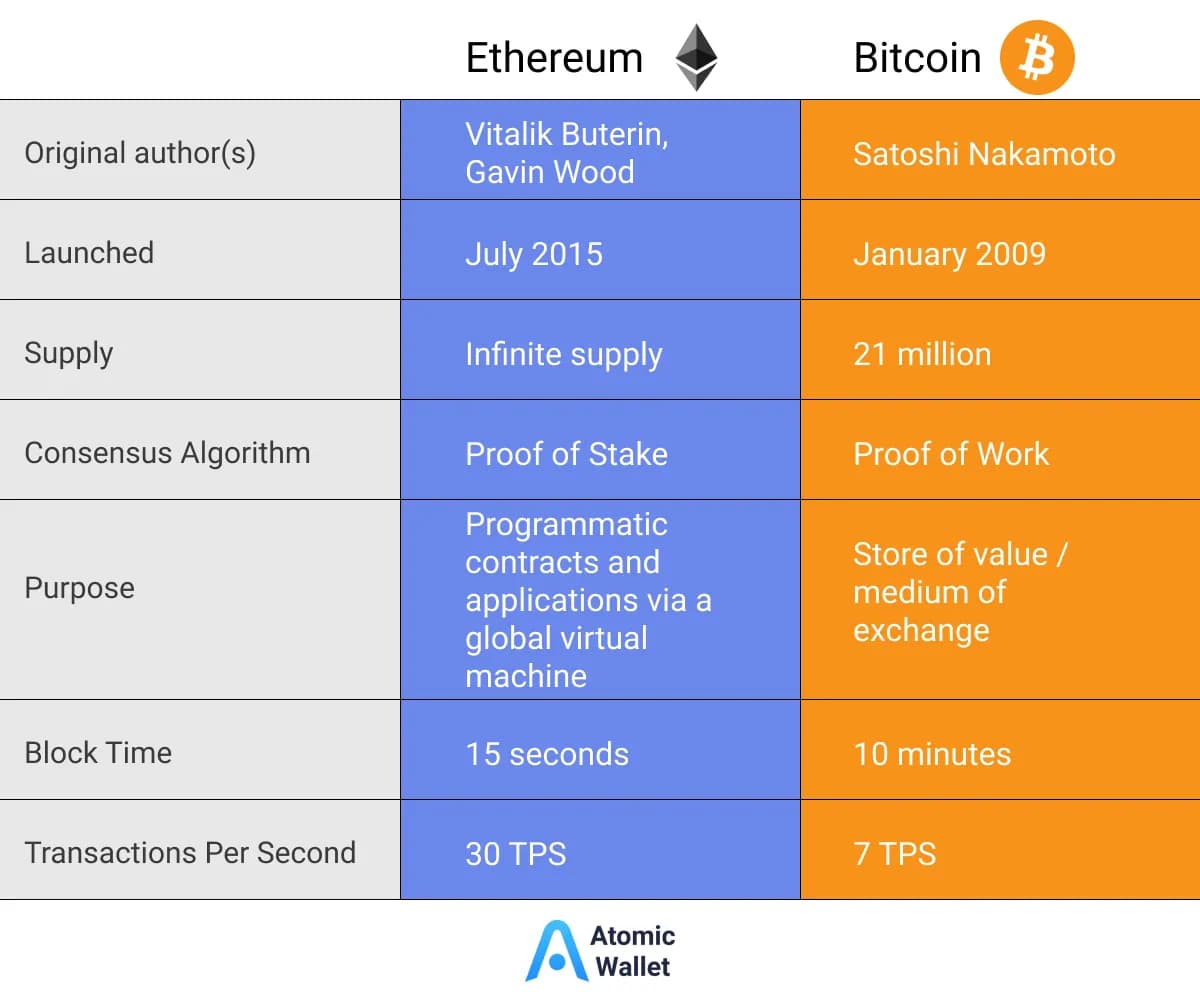Bitcoin Holds Over 50% Crypto Market Dominance Amidst Ethereum's Utility-Driven Growth

The long-standing debate over the relative strengths of Bitcoin (BTC) and Ethereum (ETH) continues to captivate the cryptocurrency market, with a recent social media post reigniting discussions among enthusiasts. A crypto user, ETHRNSM, succinctly expressed a prevalent sentiment, stating on a popular platform, "> 'ETH > BTC.'" This statement underscores the ongoing comparison between the two largest digital assets by market capitalization.
Bitcoin, the pioneering cryptocurrency, currently maintains a significant lead, holding over 50% of the total cryptocurrency market dominance with a market capitalization of approximately $1.3 trillion. It is widely regarded as "digital gold" and a premier store of value, often serving as a benchmark for the broader crypto market. Its fixed supply and robust, secure network underpin its appeal as a hedge against traditional economic uncertainties.
Conversely, Ethereum, with a market capitalization around $400 billion and approximately 18-20% market dominance, distinguishes itself through its foundational role as a programmable blockchain. It powers a vast ecosystem of decentralized applications (dApps), decentralized finance (DeFi) protocols, and non-fungible tokens (NFTs). Ongoing network upgrades, such as the Dencun and upcoming Pectra, aim to enhance its scalability, efficiency, and overall utility.
While the concept of the "flippening"—where Ethereum's market capitalization would surpass Bitcoin's—has been a recurring topic of speculation, it has not yet materialized. Analysts often highlight Bitcoin's first-mover advantage and established trust as a secure asset, while proponents of Ethereum point to its innovative smart contract capabilities and expanding utility as key drivers for future growth. The differing investment theses reflect the distinct value propositions each cryptocurrency offers within the evolving digital asset landscape.